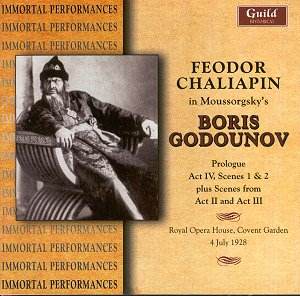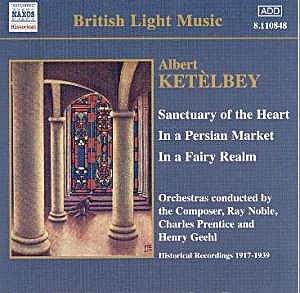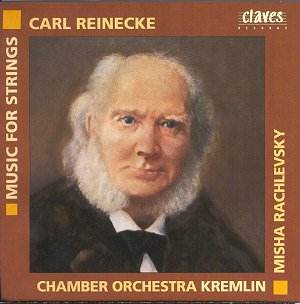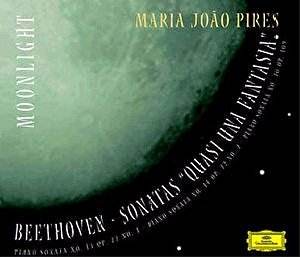 Composer: Modest Moussorgsky
Composer: Modest Moussorgsky
Works: Boris Godounov (Rimsky edition): Prologue, Scenes from Acts 2 and 3, Act 4
Performers: Feodor Chaliapin (bass), Salvatore Baccaloni (bass), Dino Borgioli (tenor), Nicola Moscana (bass), Chorus and Orchestra of the Royal Opera House, London / Vincenzo Belleza
Recording: Live performance, July 4th, 1928 (plus interpolations)
Label: Guild Historical GHCD2206
Moussorgsky’s “Boris Godounov” stands as a seminal work in the operatic canon, a vivid portrayal of the psychological and political turmoil surrounding the titular czar. First composed in 1868 and later revised by Rimsky-Korsakov, the opera’s rich tapestry of Russian history and folklore resonates deeply with audiences. The Royal Opera House’s 1928 live performance, now resurrected by Guild Historical, captures the essence of this monumental work, chiefly through the artistry of Feodor Chaliapin, whose portrayal of Boris remains a touchstone of operatic interpretation.
Chaliapin’s interpretation transcends mere vocal prowess; it is a masterclass in character embodiment. Even at 55, his voice retains considerable strength and nuance, though one can discern a slight diminishment of the youthful elasticity found in earlier recordings. His ability to convey the psychological complexity of Boris—ranging from the ruler’s anguished introspection to his moments of tyrannical fervor—is extraordinary. For instance, in the Prologue’s “I am oppressed,” Chaliapin’s use of dynamic shading and careful phrasing elucidates the character’s inner turmoil, imbuing the text with palpable gravitas. The emotional depth he brings to lines such as “How great is the power of the czar!” showcases his knack for blending vocal color with dramatic intent, an aspect that would leave even Toscanini in awe.
Salvatore Baccaloni’s Varlaam provides a compelling contrast to Chaliapin’s introspective Boris. The buffo bass’s robust sound and comedic timing inject levity into the narrative, particularly in the Act 2 tavern scene. Baccaloni’s playful interactions with the ensemble underscore the opera’s exploration of social strata, further enriched by Dino Borgioli’s ardent portrayal of Dmitri, whose lyrical lines soar with youthful vigor. The performance is well-supported by the Chorus and Orchestra of the Royal Opera House under Vincenzo Belleza, whose conducting strikes a balance between dramatic urgency and lyrical beauty.
The sound quality, while compromised by the technological limitations of the era, remains surprisingly vivid. Guild Historical’s decision to retain the original recording’s imperfections—such as occasional clicks and surface noise—pays homage to the authenticity of the live experience. The orchestral sound, characterized by its rich textures and vibrant dynamics, enhances the overall impact of the performance. Notably, the restoration process has successfully preserved the orchestral and vocal overtones, allowing listeners to appreciate the depth of Moussorgsky’s orchestration.
Comparatively, while Chaliapin’s interpretations have been matched by various artists over the decades, few have captured the character’s multifaceted nature as he does here. This recording serves as a potent reminder of Chaliapin’s unique ability to meld vocal technique with dramatic storytelling, a quality that remains a benchmark for future interpretations of Boris Godounov.
The 1928 performance of Moussorgsky’s “Boris Godounov,” featuring Chaliapin in the title role, is not merely a historical artifact; it is a vibrant testament to the enduring power of operatic expression. The combination of Chaliapin’s profound artistry, the supporting cast’s commendable performances, and the evocative orchestral backdrop culminate in a compelling listening experience that resonates with both historical significance and emotional depth. This release is essential not only for admirers of Moussorgsky but also for those seeking to understand the evolution of operatic performance through one of its most celebrated figures.



